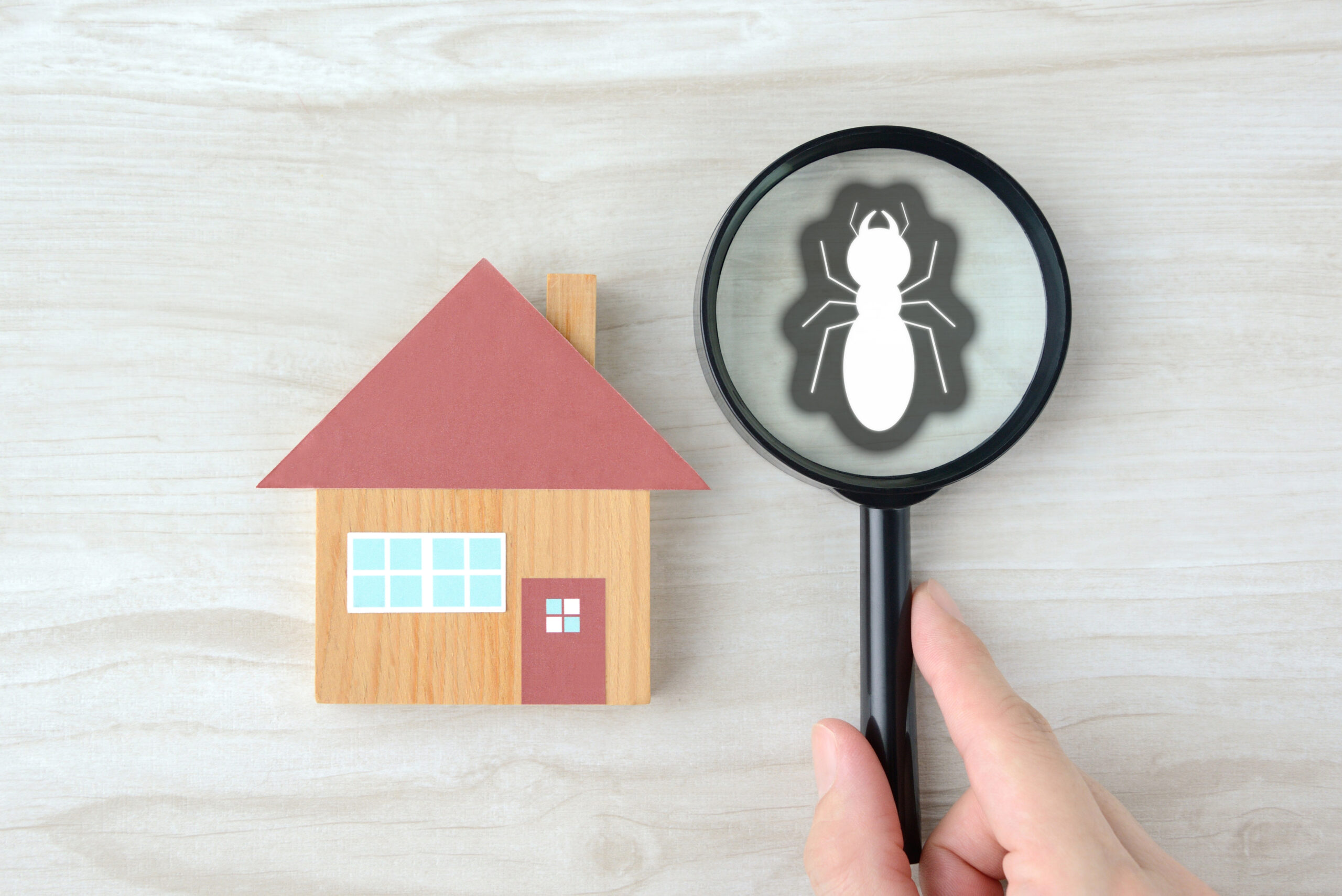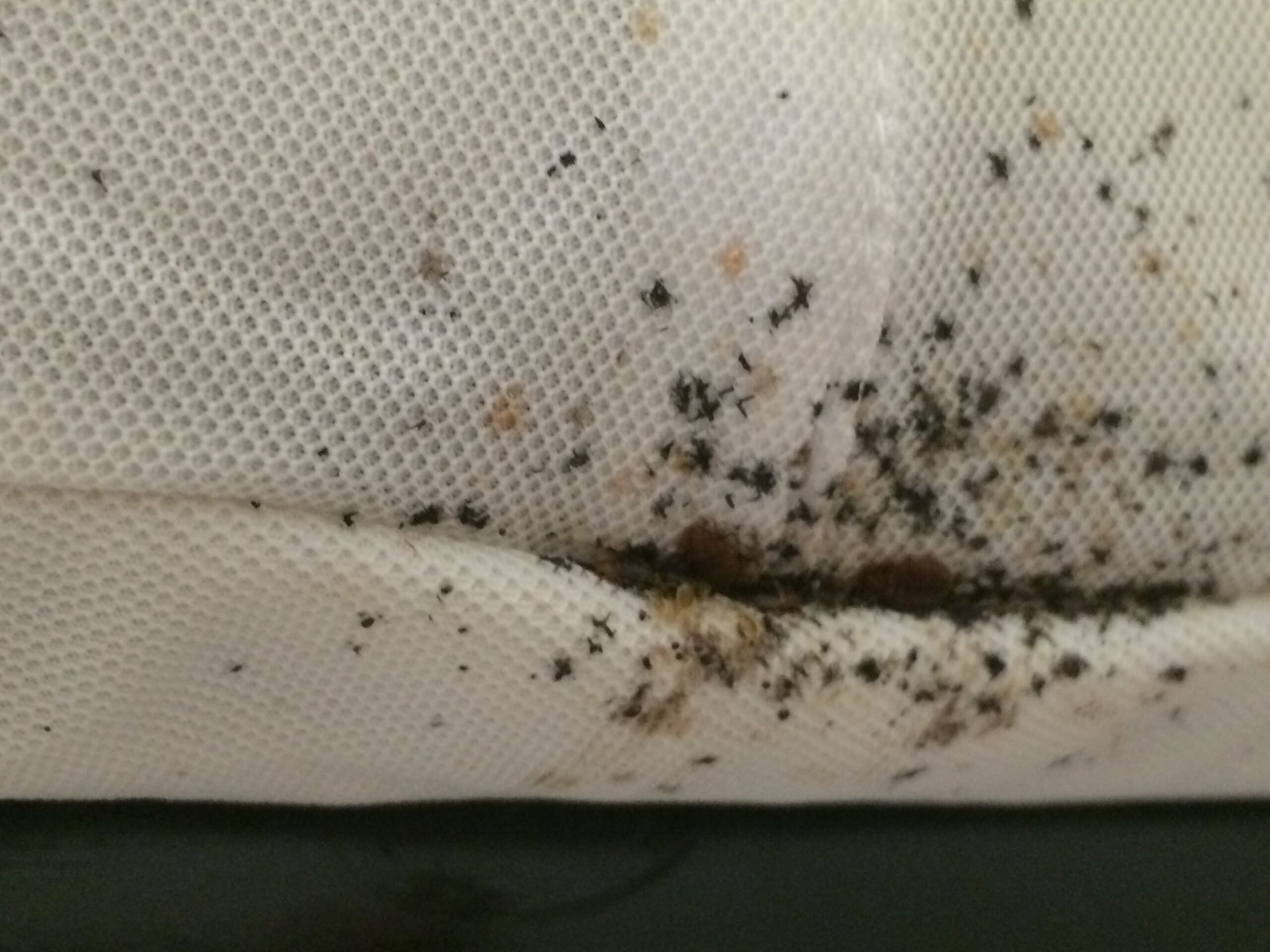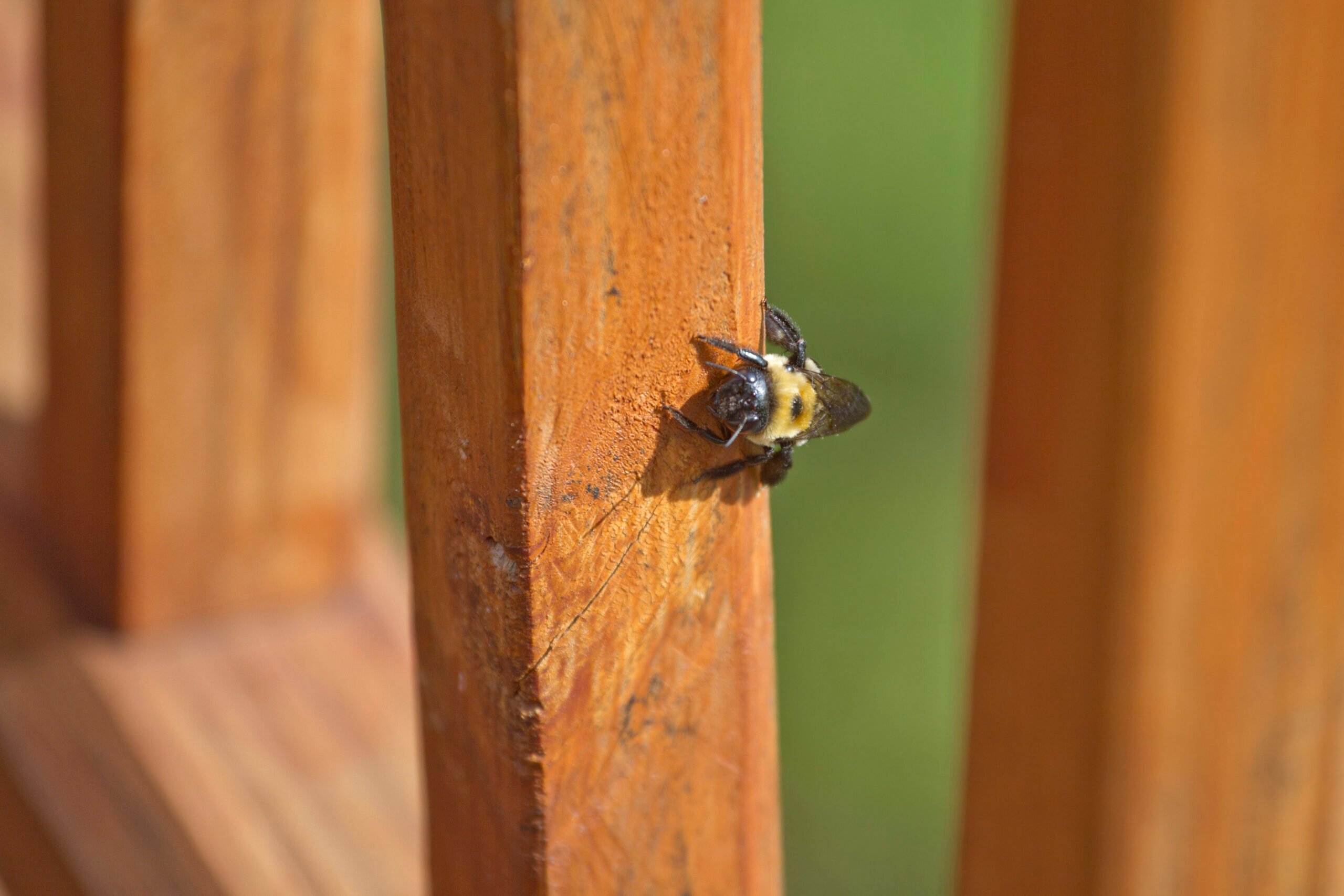Spring has officially began this week, yay! While many pests and rodents didn’t just go away because it was cold outside, you likely saw less of them, because they, like us, tend to cuddle up and move less in the frigid weather. When it comes to the warmer and longer days, the last thing you are probably thinking about are pests and rodents, but should you be? Should you be concerned about rodents entering your home this spring?
Spring Pests and Rodents
While the spring signals a time that you will likely see more insects and other pests, the truth is, rodent season is coming to an end. Each winter, mice and other rodents invade an estimated 21 million homes in the United States. Rodents typically enter our homes between October and February, looking for food, water, and shelter from the outdoor elements. When the weather starts to warm up, rodents tend to make their way back out of our homes and into nature.
Just because spring is setting in, doesn’t mean you will be free and clear of a rodent problem. If you already have a rodent infestation, and they like the place you call home, they are likely to continue to call it home for themselves. Also, in damp weather, rodents still seek shelter indoors, and you know what they say about “April showers”. If your home has food sources readily available for these critters, you will always be at risk for them entering. You should still be concerned about rodents entering your home this spring and take precautions to make sure they don’t.
What Rodents are Most Commonly Found in Homes?
In Ohio and Michigan, mice and rats are the most common rodents that you may find in your home or business. Let’s review these a little further.
Mice: A mouse, plural mice, is a small rodent. Mice in Ohio and Michigan are known to invade homes and businesses for food and shelter. Mice can eat your food, spread disease, and are generally unwelcome visitors in homes and businesses. According to the CDC, mice and other rodents are known to spread more than 25 diseases and they can be spread to humans directly through handling of live or deceased rodents, contact with rodent feces, urine, or saliva, as well as rodent bites. They can also be spread indirectly through insects that have fed on an infected rodent. Mice multiply quickly, so a small infestation can be a large one in a matter of days.
Rats: Rats are various medium-sized, long-tailed rodents. Rats are typically distinguished from mice by their size. The most common rat found in our homes is the Norway rat. The Norway rat, sometimes referred to as the brown rat, prefers to live almost anywhere that humans are. Short, dense fur covers the Norway rat’s body except for the nose, tail and ears, which are bald. They are usually gray or brown and can reach lengths of 16 inches. Their tail can be just as long as their body. They are large rodents that may weigh in excess of 500 grams. Norway rats are diggers and burrowers so they are attracted to areas where they can do so. Like other Ohio and Southeast Michigan pests and rodents, the Norway rat can find its way into your home or business in search of food and shelter.
Both mice and rats can spread disease and are unwelcome visitors in homes and businesses.
How to Keep Rodents Out of Your Home
If you are concerned about rodents entering your home this spring, there are things you can do to prevent them.
- Keep your eyes peeled for signs of them, as we said, once you have one, you likely have more, so at the first sign of an infestation, you should take action. Watch for rodent droppings, scratching, and squeaking, as signs of these critters.
- Get rid of clutter and places and materials these rodents can use to build their nests.
- Make sure your food and pet food is safely and securely stored. Rodents are common pantry pests, and if you leave food sources around for them to find and get to, they will. They will even gnaw their way through containers if they find them.
- Seal cracks and crevices. Mice can fit through a crack or hole 1/4 inch or larger, about the width of a pencil. Rats can enter through gaps and crevices as small as 1/2 inch. They often take advantage of foundation cracks, holes from utility and plumbing lines, crawlspace doors, drains, vents, and gaps under doorways.
- Hire a pest control company for rodent remediation. A rodent infestation can be a major nuisance and it can take several treatments for rodent remediation (i.e. house mice, deer mice, or the true test of any pest control company, the Norway rat). Leave it to the professionals to ensure you eliminate an infestation if you already have one, and to prevent future invaders.
While rodents entering your home this spring should be less of a concern than in the colder months of the year, it can still be problem. Delving Pest Control can help. Delving will come out and inspect your structure to identify the level of infestation and recommend corrective action plans to eradicate your rodent problem fast. Trust Delving Pest Control to eliminate your unwanted rodents discreetly. Contact us today.








